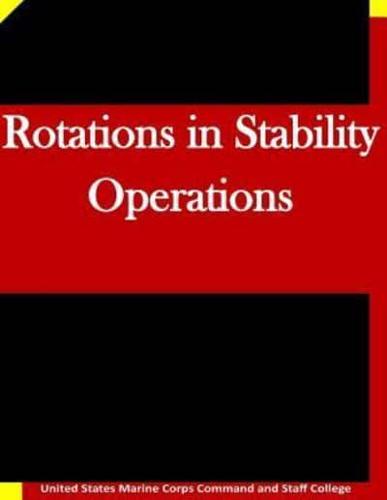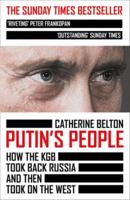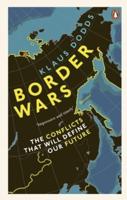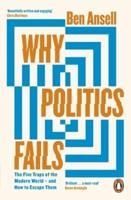Publisher's Synopsis
Conducting post conflict stability operations using unit rotations is a self-defeating system that instills a negative mindset in military leaders and works in favor of the U.S. adversary by prolonging the conflict. Military theorists, such as Carl von Clausewitz, argue against involvement in protracted warfare because it works in favor of the less-powerful enemy. Al Qaida doctrine argues successful terrorists must prolong the conflict in order to exhaust the United States, its allies, their treasure, and their will to fight. For the past eleven years, military service members have been involved in rotational warfare, which has hindered their ability to end the conflicts quickly. Rotational warfare limits the forces available for post conflict stability operations and counterinsurgency operations, hinders continuity, negatively affects the mindset of leaders, and inevitably prolongs the conflict. Sending troops into stability operations until they achieve the endstate rather than rotating them allows the military to use overwhelming presence, successfully handle post conflict stability operations and counterinsurgency operations, maintain continuity, uphold a mission-accomplishment objective mindset in military leaders, and avoid protracted warfare. In order to avoid protracted warfare, U.S. leaders should not use rotational warfare. U.S. military leaders must deploy a force that provides an overwhelming presence in the area of operations with the mission to achieve the endstate.









